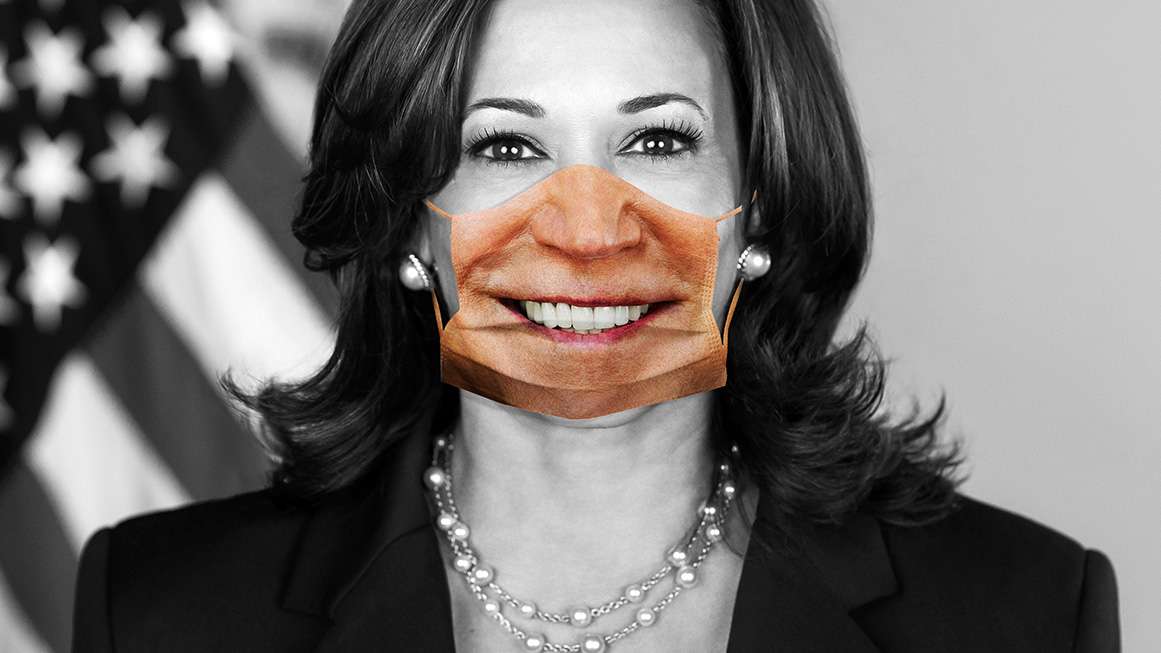Kamalacare: Essentially Bidencare
Kamala Harris’s health care policy journey has been marked by notable changes and inconsistencies, particularly showcased by her earlier support for a single-payer health care system, which she later distanced herself from during her presidential campaign. Initially, in 2017, Harris co-sponsored Senator Bernie Sanders’s single-payer plan, which was estimated to cost around $30 trillion and would have largely replaced private insurance with a government-funded system. However, as her presidential campaign progressed and faced backlash over her position, she pivoted towards a much less ambitious proposal that included government expansion without eliminating private insurance. This inconsistency damaged her candidacy, resulting in her withdrawal from the race before the primaries, leading many to question her credibility and substantiveness as a political figure on health care matters.
Harris’s subsequent alignment with President Joe Biden’s approach provides deeper insight into her current health care policies. Biden campaigned on a platform of building upon the Affordable Care Act (ACA) rather than pursuing a single-payer model. The fundamental divide between Biden and Sanders in the 2020 primary was over health care: while Sanders advocated for Medicare for All, Biden opposed it based on concerns over costs and the risk of losing effective current private plans. Instead, Biden emphasized an incremental strategy aimed at reaching universal coverage through modifications to the existing ACA framework. His plan indicated a commitment to the current system while aiming to expand and improve it, indicating a preference for gradual reform over wholesale changes.
In office, Biden’s health care policies demonstrated a tendency to exacerbate existing issues rather than remedy them. His administration’s efforts have led to rising costs and a more complex health care system. Notably, his handling of short-term limited-duration insurance (STLDI) highlighted significant contrasts with former President Donald Trump’s administration, which had allowed greater flexibility and affordability in insurance products. Despite Trump’s less detailed health policy vision, his administration expanded the availability of these cheaper plans, which could provide more accessible options for consumers burdened by traditional ACA plans. Conversely, the Biden administration categorized these STLDI plans as “junk insurance,” imposing regulations that limited their availability and mandated higher-cost options instead.
Biden’s attempts to address the affordability issue within the ACA by expanding subsidies through legislative measures, such as the American Rescue Plan, were meant to provide relief to consumers. Yet, this approach merely deferred larger systemic challenges. The subsidy enhancements primarily benefited those on the cusp of the poverty line while also revealing issues of potential fraud due to less stringent income verification processes in the enrollment system. Although the administration highlighted successes in increasing enrollment rates, the expansion put a strain on the health care budget and raised questions about the sustainability of such subsidies long-term.
The broader fiscal challenges posed by Medicare and Medicaid have largely been neglected under Biden’s administration, highlighting a lack of meaningful reforms to address the impending financial crisis within these entitlement programs. With Medicare spending already exceeding $1 trillion annually and continuing to rise, experts have raised alarms over the long-term fiscal implications, which Biden addressed by blaming congressional Republicans instead of proposing viable solutions. His focus on boosting coverage and enrollment did little to alleviate the fundamental spending issues inherent in the nation’s health care system, leading to increased debt while simultaneously enhancing regulations that complicated health care access and choice for consumers.
Harris, now positioned as a potential successor to Biden’s policies, has indicated a commitment to continuing and expanding the current administration’s health care framework. In her speeches, she has emphasized tackling health care costs while upholding the ACA and critiquing Republican efforts to repeal it. The message conveyed by her camp aligns with Biden’s vision, as both leaders seem unified in an approach characterized by increased government expenditure on health care services and social programs rather than fundamental reform. Ultimately, with her policies and objectives closely mirroring those of Biden, Harris’s health care platform signifies an evolution of existing frameworks rather than a challenge to the systemic issues requiring significant change.
Share this content:












Post Comment